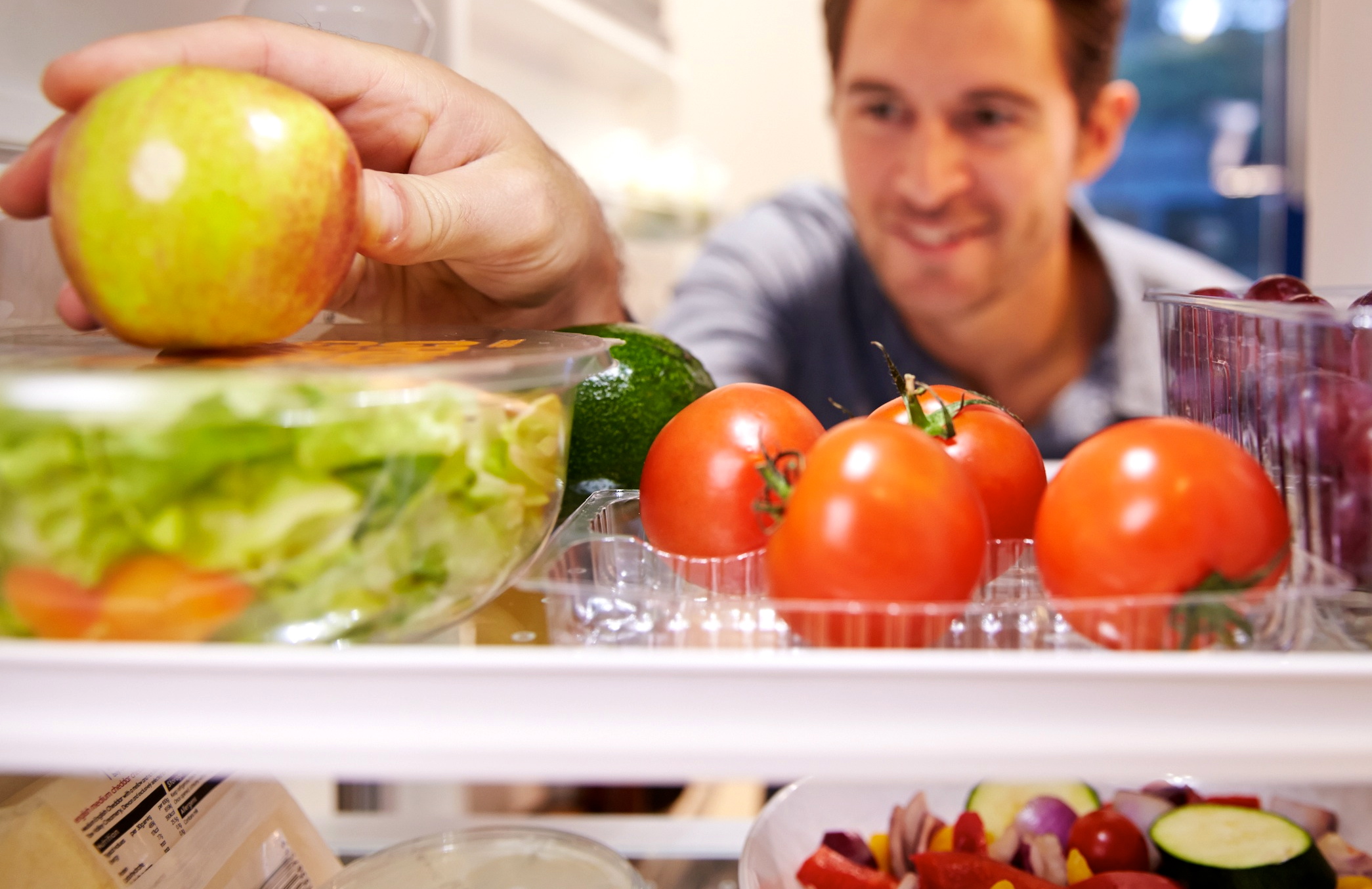
by Lauren Follett, BA, RHN, Registered Nutritionist
Even though the holidays are behind us, perhaps you’re still hanging onto those pesky pounds that seem to come around every year. Then comes the inevitable feeling of guilt, and the beginning of the next fad diet. Sounds familiar?
Holiday weight gain, followed by guilt and fad diets, seems to be a familiar pattern for most of the population. What if you could do things differently? Is it possible to break “the holiday binge – new year’s guilt” pattern? According to The Mindful Diet by Ruth Wolever PhD, Beth Reardon MS, RD, LDN apparently there is, and it’s all about recognizing the triggers that lead to unhealthy eating. Once you identify the external and internal triggers it’s easier to change the behaviour pattern.
Let’s go through the exercise that Wolever and Reardon outline in the book, but with a specific focus on the holidays. Major holidays come around at least four times per year, and on top of that, there are birthday parties, weddings and dinners out; wouldn’t it be nice to go into them with a healthy approach, and come out feeling good for once?
Let’s start with identifying external triggers (you may identify with two or all of them):
- Holiday advertisements showing alcohol, food or eating
- Baked goods, candy and snacks in the workplace
- Holiday lunches, dinners or parties
- Your “favourite” holiday foods (e.g. Nanaimo bars, eggnog, stuffing)
- Family gatherings
- Friends or family eating
Next, let’s identify possible internal triggers (these triggers aren’t necessarily holiday specific, but still apply):
- Childhood memories or associations with certain foods (e.g. your mom’s homemade baking)
- Stress
- Anxiety
- Anger
- Hunger
- Loneliness
- Negative feelings about your body
- Harsh, self-critical thoughts
- All-or-nothing thinking (e.g. I just overdid it at breakfast, my whole day of eating is now ruined so who cares I’ll continue to eat badly all day)
- Catastrophic beliefs
- Fatigue
- Boredom
- Pain
- Relationships with family members
The next step in the process of changing your pattern is to do a “chain analysis” or “chaining,” which will help you examine the events, thoughts and feelings that lead to an unhealthy incident.
Take Lisa, for example: it’s Christmas Day and she’s had a few drinks and has been grazing on appetizers: multiple types of cheeses and crackers, deep-fried finger foods, mixed nuts and salty snacks. She goes into dinner feeling full, but loads her plate with turkey and all the sides. She’s stuffed when dessert rolls around, but it’s her favourite: grandma’s famous sweet potato pie with vanilla ice cream. She has to have a slice! Dessert is finished and everyone is having an aperitif so she doesn’t say no. Lisa’s stomach hurts and she’s so full she can barely breathe. She’s tired, feels guilty and starts beating herself up for being so weak. She really thought she had it under control this year.
Looking back, Lisa attributes overdoing it to a lack of willpower, but when she works backwards to create the chain of events, she discovers there were many contributing factors: events (a fight with her mother, a poor sleep, eating a small breakfast and lunch), negative thoughts (feeling fat all week as a result of indulging in daily treats at the office) and emotions (sadness).

Chaining may seem painstaking at first, but once you get good at identifying the triggers – an external stressor, a distorted thought or an emotion – and your responding negative behaviour – you can change your pattern and start to develop healthy habits, such as working out to de-stress from the fight with your mom, eating a healthy breakfast and lunch, filling one small plate with appetizers and paying attention to portion sizes. Choosing dessert or an aperitif.
One of my favourite sayings is this: “The definition of insanity is doing the same thing over and over, but expecting different results.” Why put yourself through your typical holiday pattern of over-doing it, feeling guilty, berating yourself and starting the new year with resolutions and new diet. Why not change your pattern? Even though the holidays are behind us, I’m sure you have a birthday party, wedding or other celebration coming up where there will be opportunities for an unhealthy incident to occur. Instead of overdoing it and feeling guilty, I encourage you to create your own chain analysis, and see what happens with your eating habits.
I also encourage you to pick up a copy of The Mindful Diet. To be clear, this isn’t a typical diet book, it’s about adopting a new way of thinking when it comes to eating by addressing the roots of unhealthy behaviour. It will teach you how to eat mindfully, put you in control of food and help you break the cycle of yo-yo dieting. Happy New Year!



